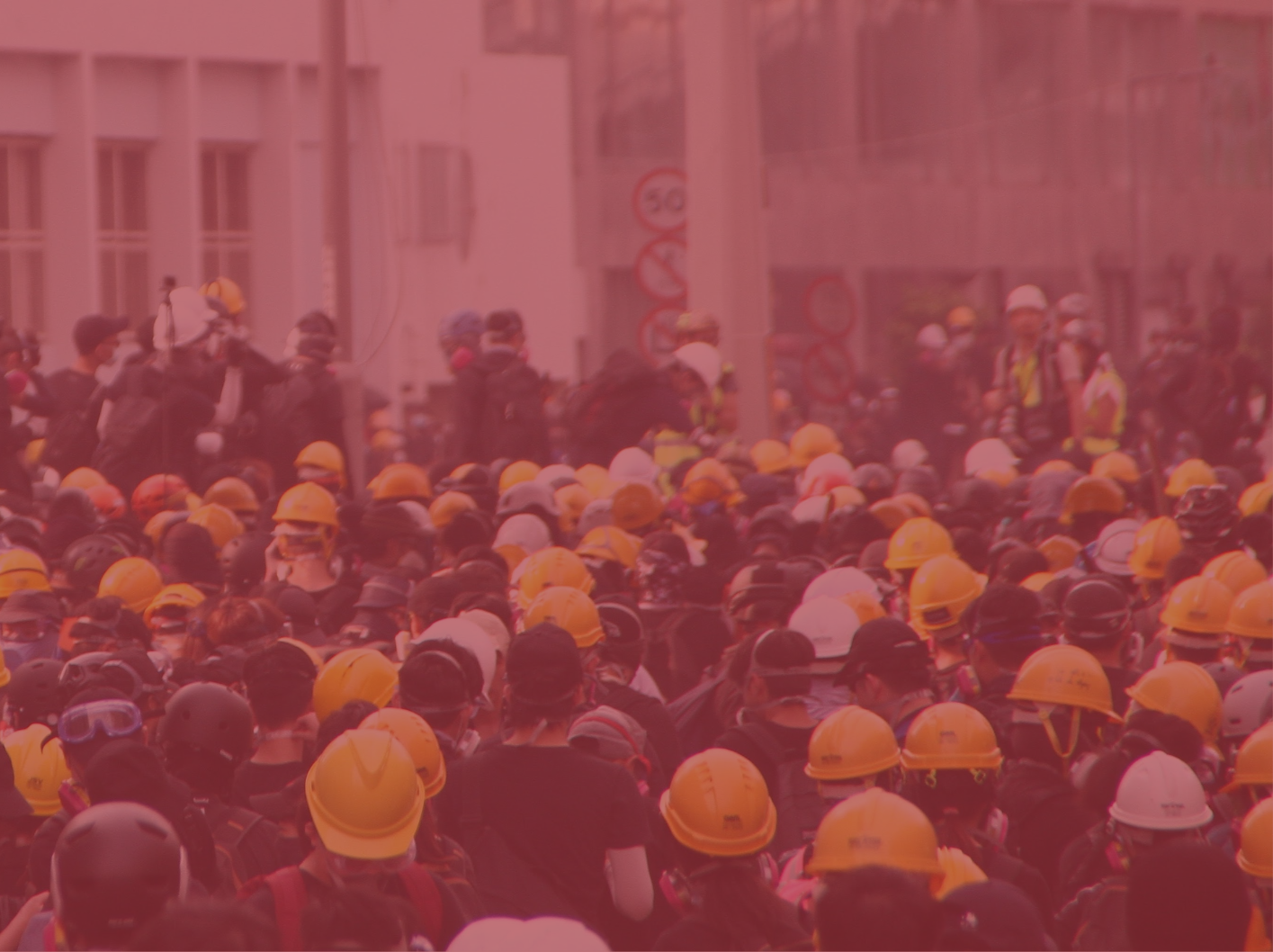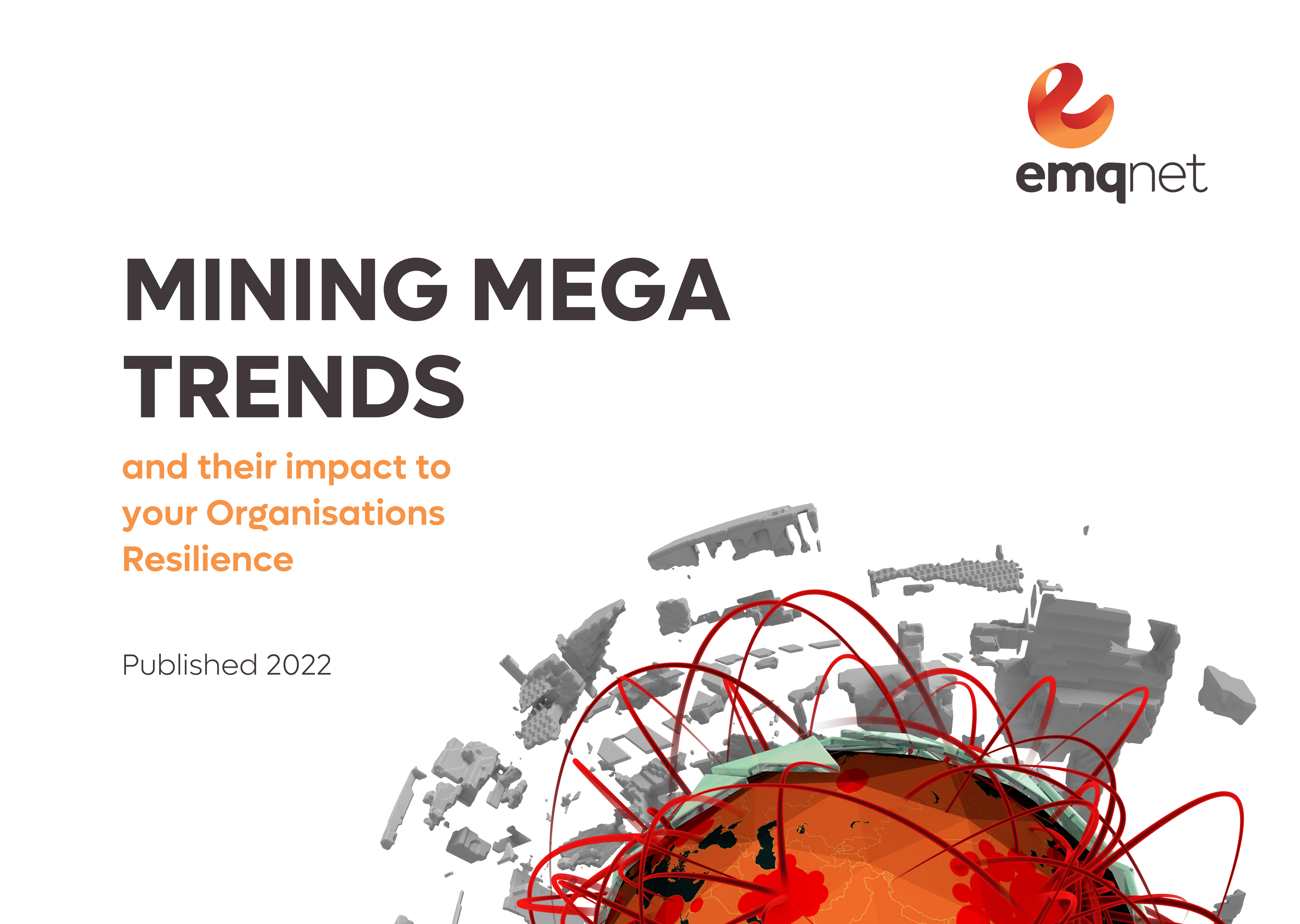A disgruntled workforce, emboldened by an aggressive union campaign, can rapidly spiral into an industrial crisis – threatening productivity, stakeholder relations and reputation. It’s a lesson one of the world’s largest gold mining companies learnt first-hand when a union industrial dispute escalated into a full-scale blockade.
A workplace in crisis
Tensions had been simmering at a gold mine in Argentina when union-led conflict over site access reached a tipping point, forcing the mine into a costly shutdown. Union-backed workers downed tools and blocked internal roads, stopping mining operations for more than 20 hours. The downtime cost the group a day’s productivity, equating to about 26kg of extracted gold.
But the shutdown could have had deeper repercussions if not for the company investing in a comprehensive operational continuity plan. Armed with the specialised knowledge and tools from the emqnet platform, enhanced by two recent training exercises, the group was able to defuse the situation swiftly, bringing the blockade to an amicable end and getting workers back on the job promptly.
Dissecting the response
Within 10 minutes of activating the event on the emqnet platform, 53 people had been notified of the blockade, including the executive team. Contingencies were initiated to ensure that essential work relating to maintenance and ventilation continued while production work halted. The mining company simultaneously activated its chain of stakeholder networks, liaising with police, local authorities, the Labour Ministry and the media, who were probing the mine shutdown. This engagement resulted in authorities quickly issuing a conciliation order to break the impasse. Roadblocks were subsequently lifted, site access reinstated and operations resumed. In less than 24 hours the mine was back running at full capacity and the industrial turmoil was over.
Lessons learned
"The incident demonstrates the crucial role stakeholder management plays in dispute resolution. The enterprise had done their homework – identifying key stakeholders and building relationships – so that when a crisis emerged, teams could immediately engage their networks." Jarrod Wilson, emqnet CEO
The incident demonstrates the crucial role stakeholder management plays in dispute resolution. The enterprise had done their homework – identifying key stakeholders and building relationships – so that when a crisis emerged, teams could immediately engage their networks. Without the requisite preparations in building and strengthening these stakeholder connections, negotiating a resolution would have been a far more complex and protracted process. As with any incident, the after-action review also plays a critical role in strengthening and maturing an organisation’s operational continuity program, so they are best placed to navigate future crises.
Like this case study? Read more like it here.



